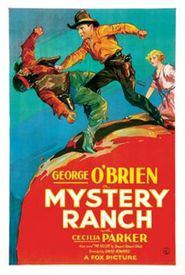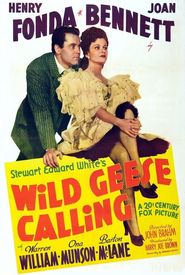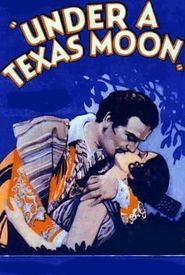Stewart Edward White, the son of Thomas Stewart White, a successful lumberman, and Mary E. Daniell, was born in Grand Rapids, Michigan.
In 1895, he received a Bachelor of Arts degree in Philosophy from Columbia University, and in 1903, he earned a Master of Arts degree from the same institution.
White married Elizabeth (Betty) Grant of Rhode Island in 1904, and they remained married until her death in 1939.
Early in his life, White worked as a lumberjack and was an avid outdoorsman. He was a close friend of Theodore Roosevelt, who referred to White as "the kind of young American who is making our new literature." White was also associated with notable authors such as Jack London and Rex Beach.
During World War I, White enlisted and rose to the rank of major with the 144th Artillery. One of the first white men to explore German East Africa (now Tanzania),he mapped the area in 1913 and was elected a Fellow of the Royal Geographical Society. White was also a member of the National Institute of Arts and Letters and the American Academy of Arts and Letters.
White wrote many books, primarily westerns, with his first book being "The Westerners" (1901). Other early works included "The Claim Jumpers" (1901),"The Blazed Trail" (1902),"The Forest" (1904),"The Mountains" (1904),"The Pass, Camp and Trail", "The Silent Places" (1907),"Arizona Nights" (1907),and "The Riverman" (1908).
In 1915, White published "The Rediscovered Country", which was based on his experiences on Africa's Serengeti plains.
White wrote numerous fiction and non-fiction works based on the history of California, including "Gold" (1913),"The Gray Dawn" (1915),and "The Rose Dawn" (1920). "The Cabin" (1922) followed, along with "Daniel Boone, Wilderness Scout" (1926).
White's autobiographical books included "Dog Days" (1930) and "Speaking for Myself" (1943).
Following an episode with a Ouija board in 1918, White and his wife, Betty, became part of a small group who regularly contacted entities on "the other side." White transcribed what "came through" and the discussion that ensued. This eventually led to White writing "The Betty Book" (1937),followed by "Across the Unknown" (1939).


















